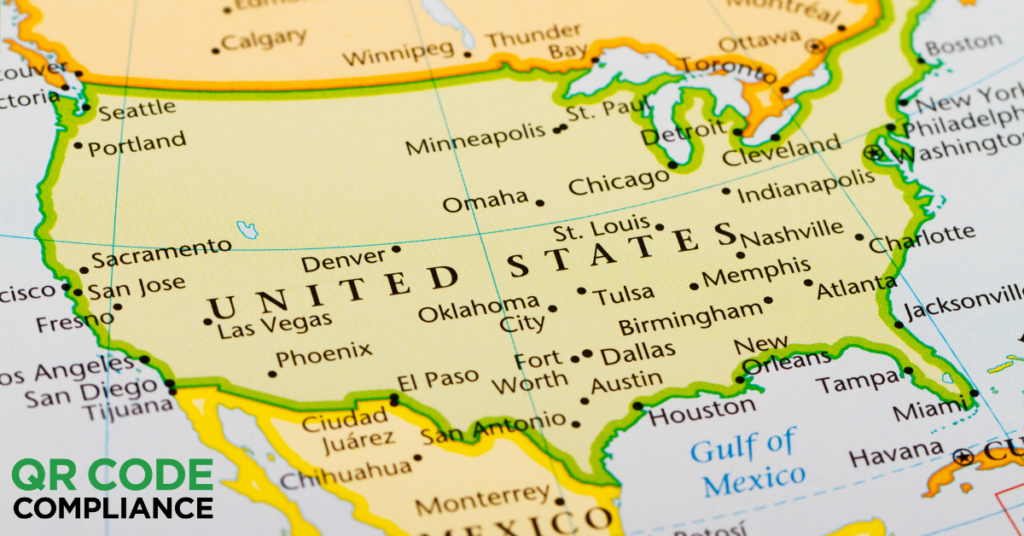Companies that make CBD products for public consumption face all sorts of regulatory hoops to jump through before their items hit store shelves. One of the biggest questions in the industry right now surrounds product labeling. Are CBD QR codes required on consumables in all 50 states? The answer isn’t exactly straightforward.
Although the local, state and federal paperwork can get pretty thick sometimes, there’s usually a good reason for it: to make sure people get products that are safe for them. It’s especially important in the CBD world, where many of the customers are seeking something to help with physical pain or other health conditions.
These consumers hope what they’re buying has exactly what they need, and is free of any additives.
Unfortunately, due to how fast the industry has grown, and incomplete federal regulations, customers take a gamble when they trust the label will accurately reflect what is inside the package.
Some commercial CBD oil has found to have other ingredients, some has found to have higher than legal amounts of THC, a natural compound that causes the ‘high’ associated with marijuana, and some has less than the stated amounts of CBD.
It’s not just an inaccurate labeling concern, but a public health concern.
For instance, in 2018, about 50 people in Utah became ill from a synthetic CBD oil called “Yolo.” Additional investigations found other misleading products, which led the state to improve its labeling requirements.
One interesting rule was to make sure every commercial CBD product include a QR code on it, which, when scanned by a mobile device, can take viewers to page that offers even more information on the product.
This can include details about a particular batch, including where hemp was sourced; any testing results; percentages of THC; and any other additives or contaminants like pesticides or lead.
Though your average consumer seeking pain relief may not know or care about little things like percentage of heavy metals, they may be happy knowing that the product they’re purchasing has taken extra efforts to ensure their safety.
Law enforcement may also like it too, which is another reason why some states are requiring the QR codes.
Indiana lawmakers also approved requiring QR codes in 2018, following more than a year of discussions with health food stores, CBD producers and local authorities.
After a raid of a health food store led to confiscation of CBD oil and a store owner cited for marijuana possession, the state came with the QR code idea as a way to show that any legally-sold products contain only CBD, not THC. Stores offered to help too, by only stocking items with valid QR codes.
Texas, Florida and New York also require QR codes for their CBD products, and California plans to add them soon for all cannabis sales. Here, in addition to providing information about the quality of any hemp or oil used, the state’s Bureau of Cannabis Control will require that it includes details about the business, including any valid permitting. The intent for this is allow consumers, and perhaps law enforcement, to learn whether a seller is legitimate since California still has a strong black market.
The Centers for Disease Control has been encouraging every state to create tighter standards for CBD labeling, which could include a QR code on any labeling.
Ultimately, this is something many CBD manufacturers are being pro-active about. Adding QR codes now provides a useful safety feature and improves the customer trust factor … before it becomes mandatory.




